In the article below, Dr. Hoang Ngoc Vinh - former Director of the Department of Vocational Education (Ministry of Education and Training) - shares his views on the policy of paying high salaries to teachers according to the Law on Teachers recently passed by the National Assembly.
The National Assembly 's passage of the Law on Teachers with the content that "teachers are entitled to the highest salary in the administrative salary system" has created a wave of excitement throughout the industry. However, if not accompanied by a correct mindset about professional values and a compatible operating mechanism, this policy may fall into two unfortunate scenarios: Either becoming an ineffective slogan, or being misunderstood as a consoling privilege. It should be emphasized: High salary is not a symbolic professional reward, but a reasonable trade-off for the professional value and educational responsibility that teachers shoulder.
High salaries are the rule, not the blessing.
In any modern administration, wages are not a gift, but a way of socializing the value of specialized labor. A highly skilled doctor is well paid for the risk and high skill requirements of the job. A chief engineer in the technology field receives a large salary because of their impact on performance and output. Teachers are no exception to this rule. If a teacher can awaken the potential of students, change their thinking and influence the entire journey of a person's life, then it is clearly a labor of strategic value that has a great impact on society, which cannot be evaluated by teaching hours or mechanical seniority.

But because paying high salaries is for society to buy high value, it is impossible to treat all teachers relatively equally as it is now, ignoring the factors that prove their professional development before students. The salary mechanism needs to be based on one principle: Professional capacity, the level of contribution to the quality of education, and the actual effectiveness of the teacher.
Where does the value of teachers come from?
Being hired and teaching does not automatically mean that a teacher has professional value. The value of a teacher does not lie in the presence on the podium, but in the ability to guide learners to develop their thinking, personality and ability to adapt to a constantly changing world . It is a series of accumulated values including: Solid expertise, being trained systematically from the beginning and regularly updated; critical and creative thinking, knowing how to adjust teaching methods according to the subject and context; professional ethics, going beyond the minimum, knowing how to self-examine and constantly improve the profession; positively impacting the school environment, contributing to shaping the organizational culture and inspiring long-term learning.
Such value does not come naturally. It is the result of a serious training process, self-training, a professional environment that encourages development, and a teacher who is constantly striving.
If you want high salary, you must start with quality teacher training.
We cannot just focus on high salaries and ignore the foundation: Initial teacher training. A pedagogical system that is easy on students, lacks updated content, is heavy on theory and disjointed in methods will not be able to produce teachers with enough capacity to deserve high salaries. If pedagogical students are only taught to "stand in class" and not to "lead", if pedagogical schools do not consider training in professional ethics and innovative thinking as the focus, then the education system can only receive punctual employees, not enlightened thinkers for the new generation.
Therefore, comprehensively reforming pedagogical programs, raising admission standards, linking theory with practice, and including career development capacity in training are prerequisites.
Salary cannot be separated from work environment.
Even a good teacher will find it difficult to deliver value if he or she is stifled in an environment that is bureaucratic, rigid, stifled by achievement or lacks professional development support. High salaries mean nothing if the teacher has no room to be creative, no voice in program improvement, and no ecosystem of colleagues to grow with.
The State, therefore, not only needs to pay good salaries, but all levels must also pay attention to developing school culture, professional learning systems, substantive assessment mechanisms, community connections, and especially empowering teachers as subjects creating educational innovation - not a passive link in the chain of creating value for students.
Teachers must proactively create that value every day.
No one can “bestow” value on a teacher. A teacher must proactively create that value every day – through continuous learning, through career self-reflection, and through self-respect, professional pride, and the desire to lead students beyond the books. A high salary is not only a guarantee for a teacher to have a better life, but also a commitment in return to a higher standard of dedication and responsibility.
The teaching profession would not be noble if the teachers did not make it noble by their own actions, thoughts and character. It is impossible to demand respect from society if the teachers themselves constantly improve themselves to become respectable people.
The policy of "highest salary in the administrative system" for teachers will only be truly meaningful if it is accompanied by a comprehensive strategy on teacher quality: from input training, working environment, evaluation mechanism, to personal development motivation. We do not need many people who "do the teaching profession" in a general, egalitarian way, but we need people who live for the teaching profession - people who understand that a high salary is not an automatic honor, but the result of a journey to constantly improve the value of the profession.
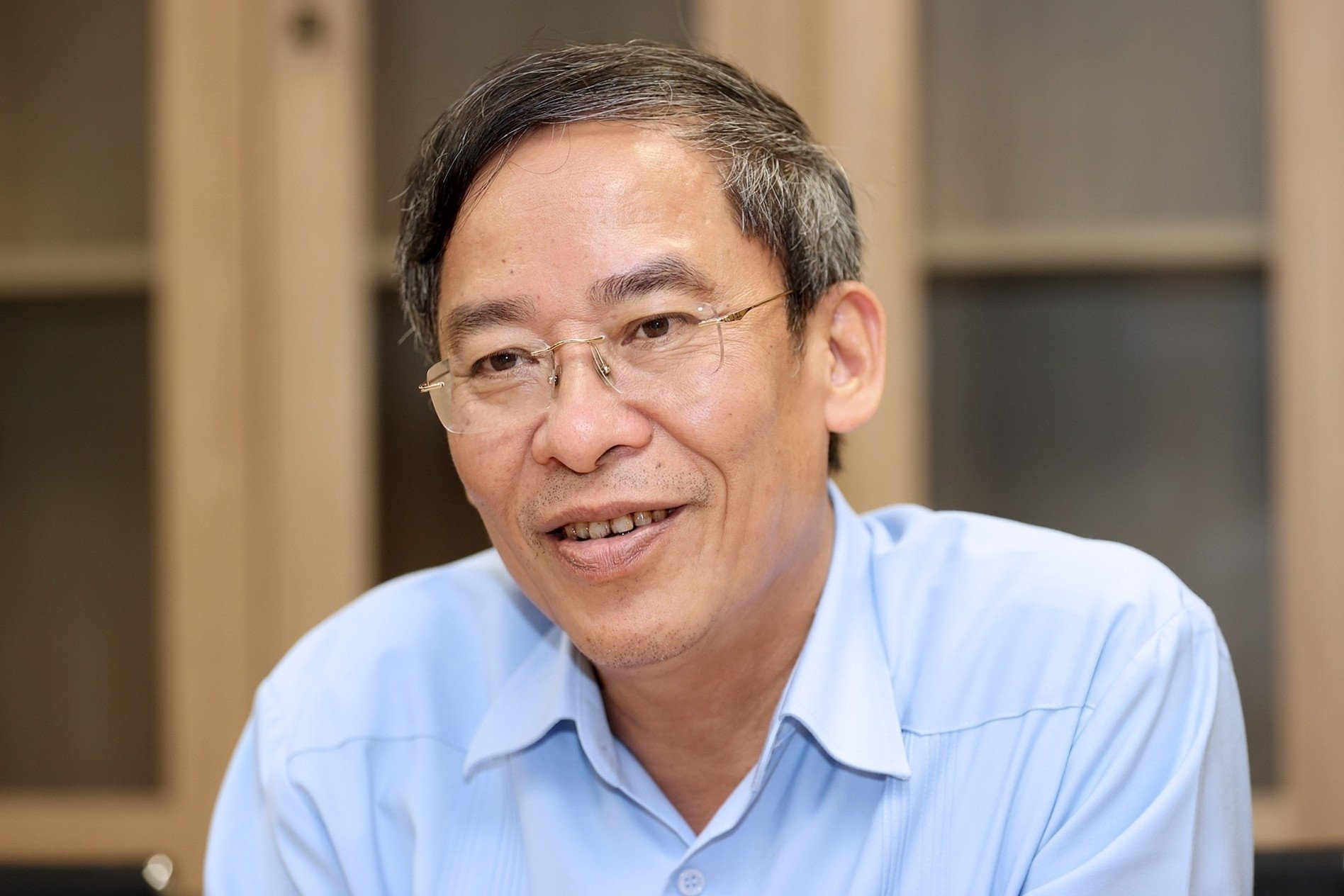
Source: https://vietnamnet.vn/dung-coi-xep-muc-luong-cao-nhat-cho-nha-giao-la-mot-an-hue-2413801.html


![[Photo] General Secretary To Lam presents the First Class Labor Medal to the Vietnam National Energy and Industry Group](https://vphoto.vietnam.vn/thumb/1200x675/vietnam/resource/IMAGE/2025/9/21/0ad2d50e1c274a55a3736500c5f262e5)











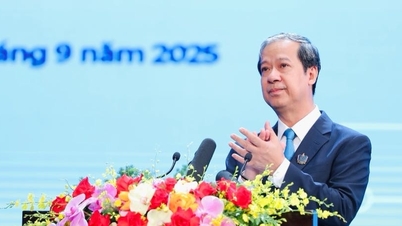




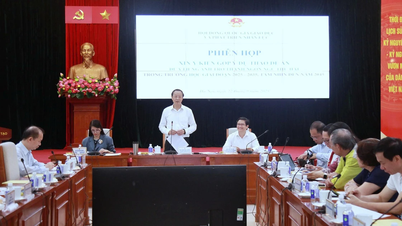

















![[Photo] General Secretary To Lam attends the 50th anniversary of the founding of the Vietnam National Industry and Energy Group](https://vphoto.vietnam.vn/thumb/1200x675/vietnam/resource/IMAGE/2025/9/21/bb0920727d8f437887016d196b350dbf)


































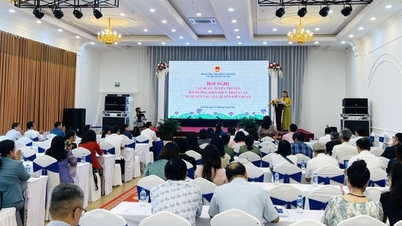










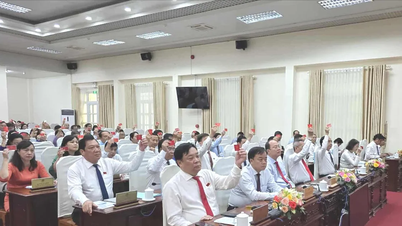
















Comment (0)